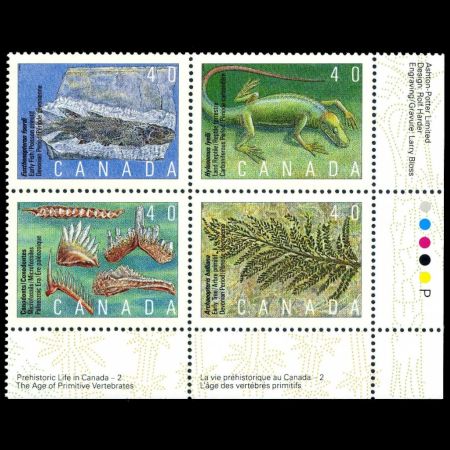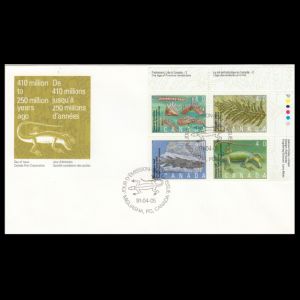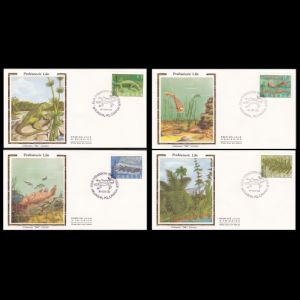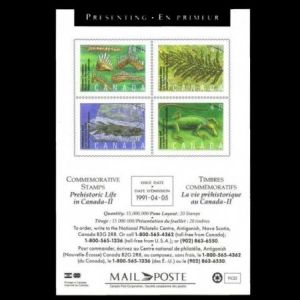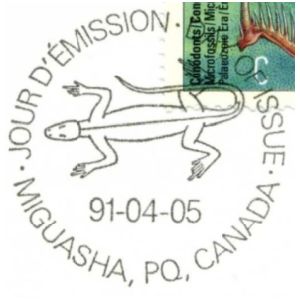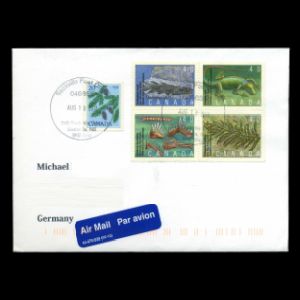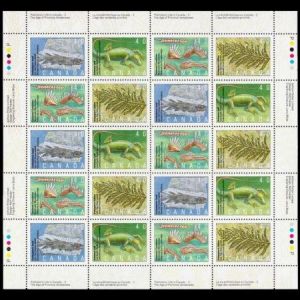WARNING - Narrow Screen!
If you are using a smartphone or tablet,
please rotate your device to landscape mode.
If you are on computer,
try widening your browser window
to at least 1.000px.
This website looks best on a wide screen,
so images, galleries, and text
can be enjoyed more clearly and comfortably.
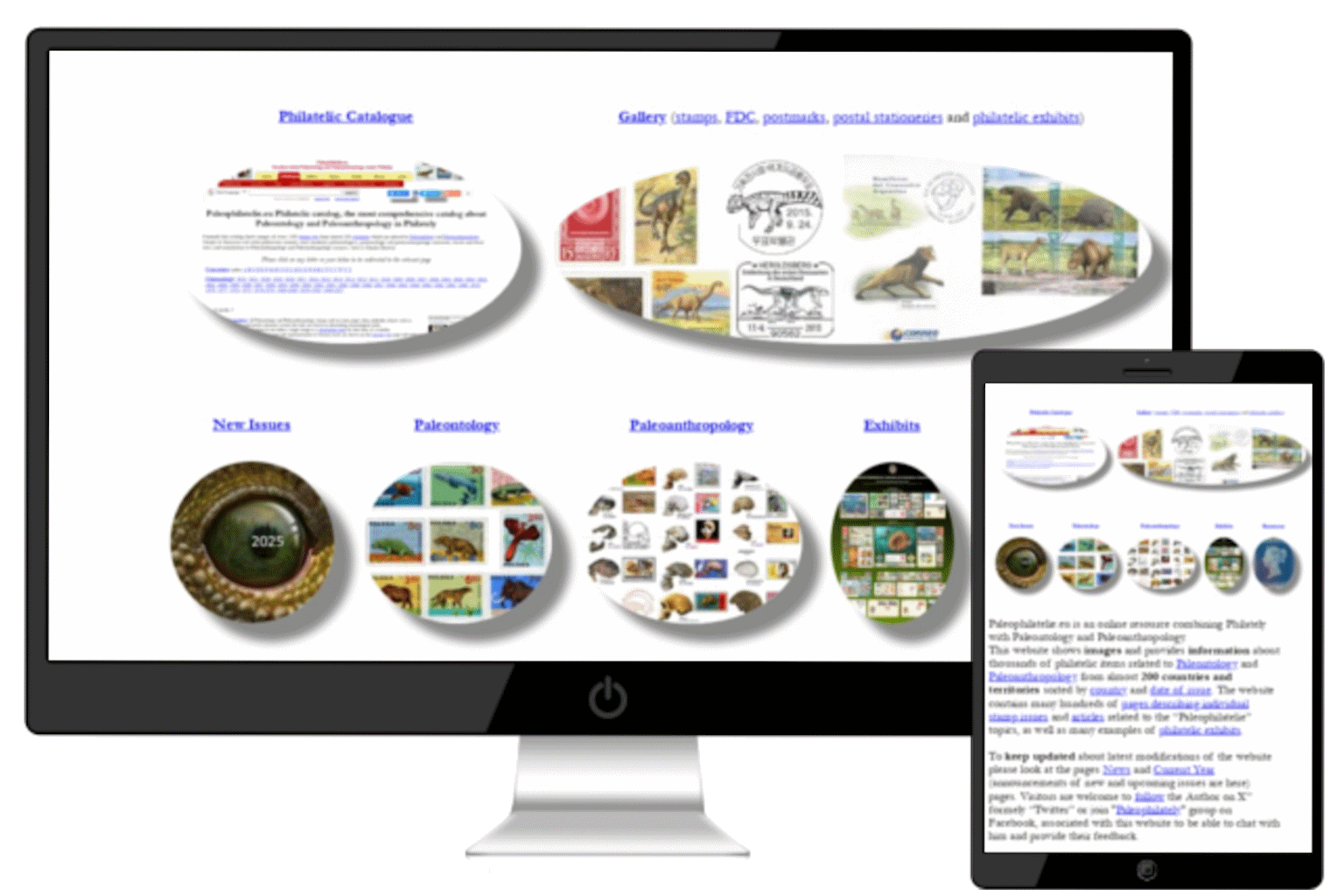
× Close
